The group of petroleum distributors and petroleum retailers has just sent a document to the Prime Minister regarding issues related to amending the Decree on Petroleum Business - Draft No. 04 is being consulted by the Ministry of Industry and Trade. This new Decree will replace Decree 83 of 2014, Decree 95 of 2021 and Decree 80 of 2023.
In a petition sent to the Prime Minister, the group of petroleum traders said that the new draft discriminates between petroleum businesses, creating business advantages for large businesses with monopoly positions, creating opportunities for negativity, forming "group interests", and restricting the business rights of small and medium-sized enterprises.
Regarding the mechanism for managing gasoline prices, continuing to maintain the method of setting retail prices by administrative orders, while import input prices depend on the world, is contrary to business accounting principles and market rules. The method of calculating gasoline prices does not ensure transparency and competition.
The group of petroleum traders expressed their opinion that the collection of comments on draft Decrees is still formal and not substantial, lacking comprehensiveness and completeness for the affected subjects, and does not ensure the requirements of the Law on Promulgation of Legal Documents.
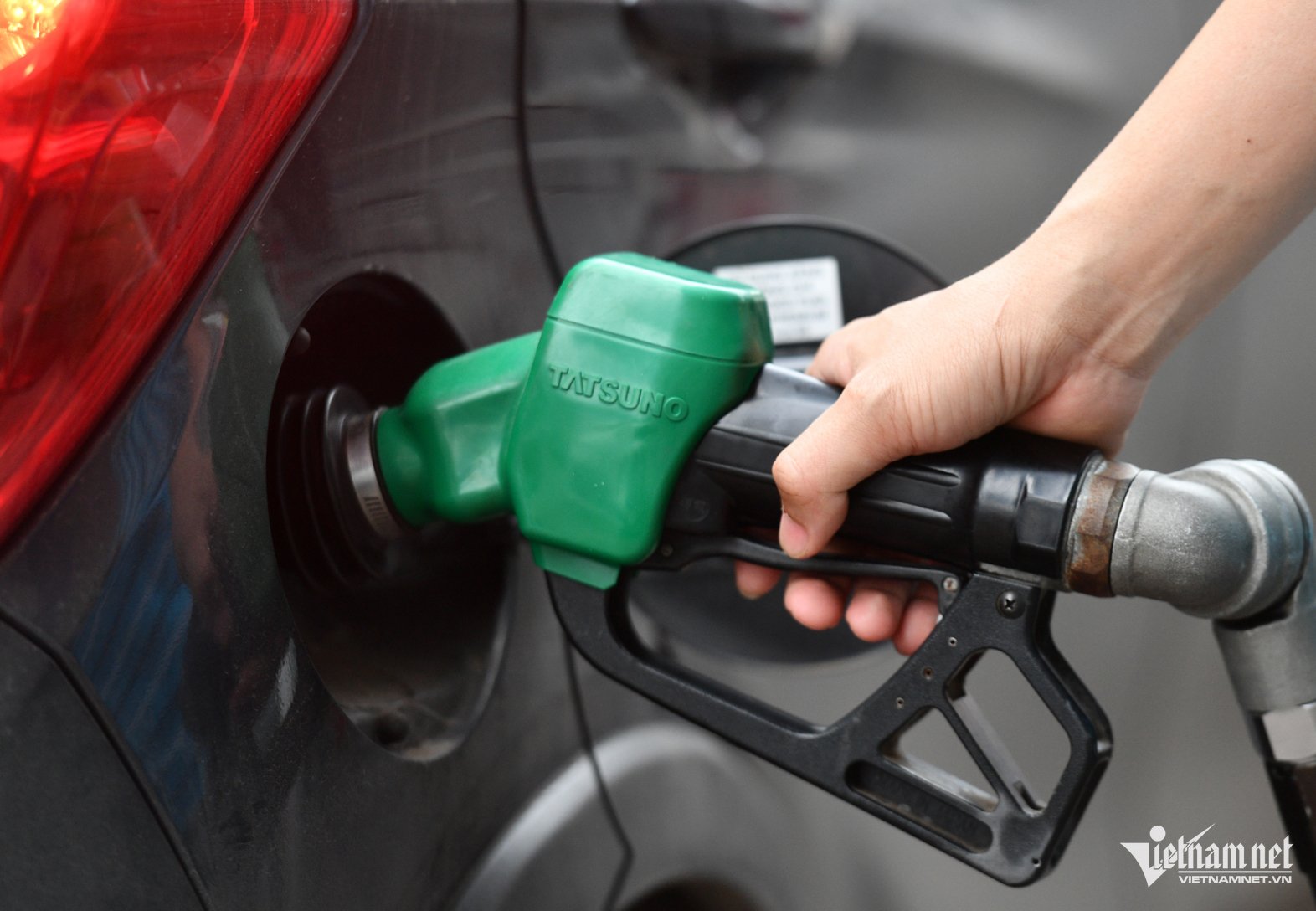
"We see that many key issues have been commented on and criticized by public opinion but have not been amended," the group of traders emphasized. Accordingly, if they continue to remain as they are, they will not bring about real innovation and positive impacts on the operation of the petroleum market in general and the business activities of petroleum enterprises in particular.
In addition to the above issues, the group of petroleum traders also raised a series of unreasonable issues in the draft content.
Specifically, in the current context, when a part of the gasoline supply is produced domestically, why is it still stipulated that only wholesale traders are allowed to buy from domestic manufacturers while distributors are not allowed?
Furthermore, the draft Decree also stipulates that primary traders are allowed to buy and sell with each other, including buying from other primary traders, while redistributors are only allowed or forced to buy from a single source, the primary trader, and are not allowed to buy and sell with each other?
With the way of regulating business rights as in the draft Decree, enterprises that are key traders will naturally become market leaders, making the remaining enterprises that are distribution and retail traders fall into a dependent or hired position, except for enterprises that are subsidiaries of key traders, the group of traders wondered.
In addition, the group of petroleum traders also cited the Competition Law 2024 stating that an enterprise holding 30% of the market share and/or 5 enterprises together holding 85% or more of the market share will become the dominant enterprise in the market.
In fact, for many years in the market, there has been a super large enterprise that accounts for 51% of the market share, has all the business rights of a wholesale trader, especially has a distribution system from import, wholesale and retail to consumers. In addition, there are 6 large enterprises that are also wholesale traders, accounting for 88% of the market share from import to wholesale and retail.
"Thus, it is clear that our country does not have a true petroleum market with a free, equal and fair competition mechanism," the group of traders emphasized.
They also believe that by giving the right to decide on prices and distribute discounts to each stage, it will be difficult to compete when the main trader holds the "control" position.
Accordingly, this group of traders recommends that the Government and relevant ministries consider amending the draft Decree with the spirit of innovation in the methods and mechanisms for managing and operating the petroleum market, towards ensuring compliance with the current legal framework, towards building a petroleum market operating according to the principles of free, equal and fair competition.
Recommend that the Government have solutions to reduce the monopoly or market dominance of large and super-large enterprises, helping small and medium enterprises in distribution and retail not to be acquired in accordance with the spirit and objectives of the Law on Support for Small and Medium Enterprises.
According to the group of traders, it is necessary to abolish the regulations on classifying traders. Instead, the regulation of the Decree stipulates that the subjects of regulation are enterprises trading in petroleum in general with conditions and technical standards associated with business activities. For example, conditions for import business; conditions and standards for petroleum warehouses; conditions and standards for means of transporting petroleum, conditions and standards for retail stores, points of sale of petroleum, etc.
In addition, review the existence of the Petroleum Price Stabilization Fund, because it is ineffective and has little practical effect, while it creates a financial burden for businesses in general and, together with the pre-collected environmental tax, many large businesses have abused this fund and tax money for illegal profiteering.
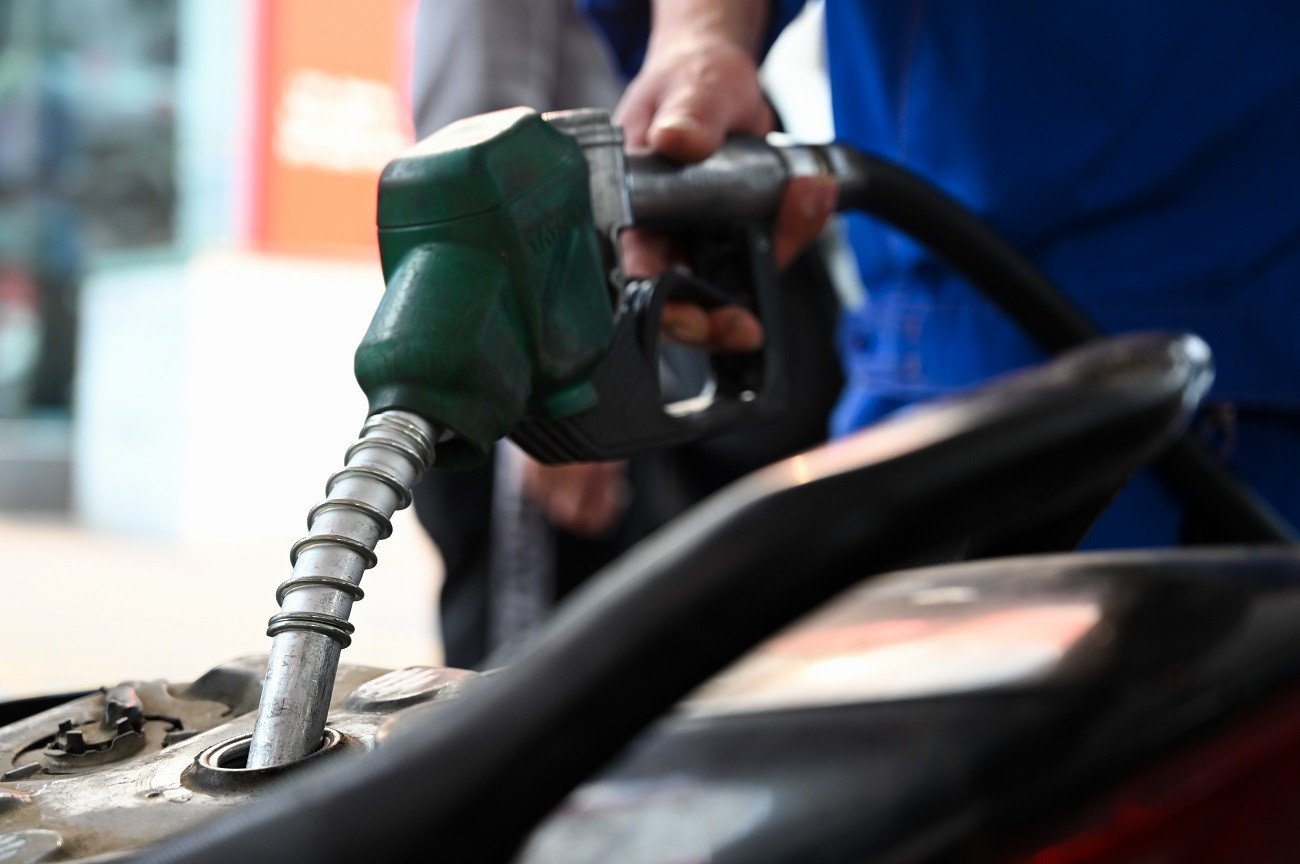
Source: https://vietnamnet.vn/lo-hinh-thanh-loi-ich-nhom-nhom-thuong-nhan-xang-dau-kien-nghi-len-thu-tuong-2327854.html








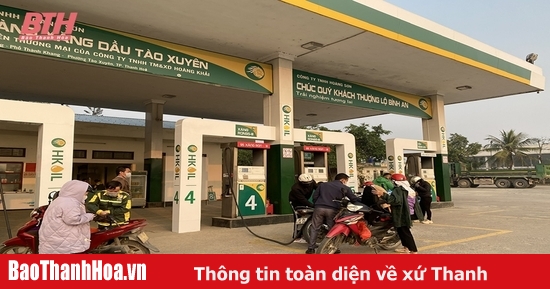

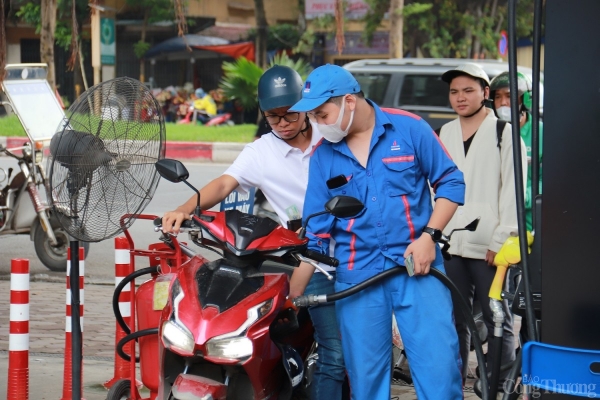

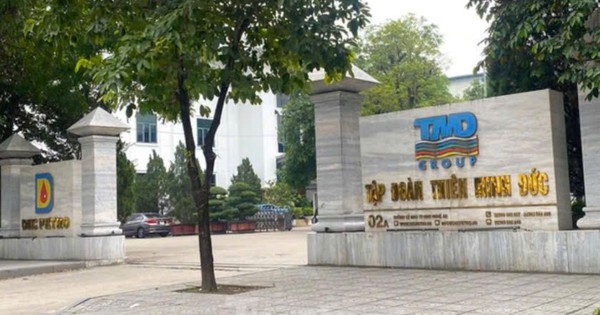

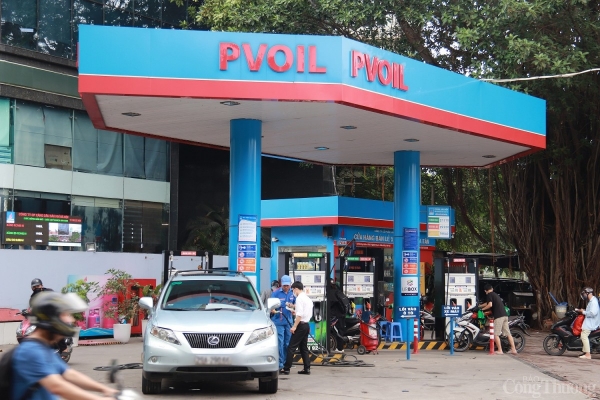
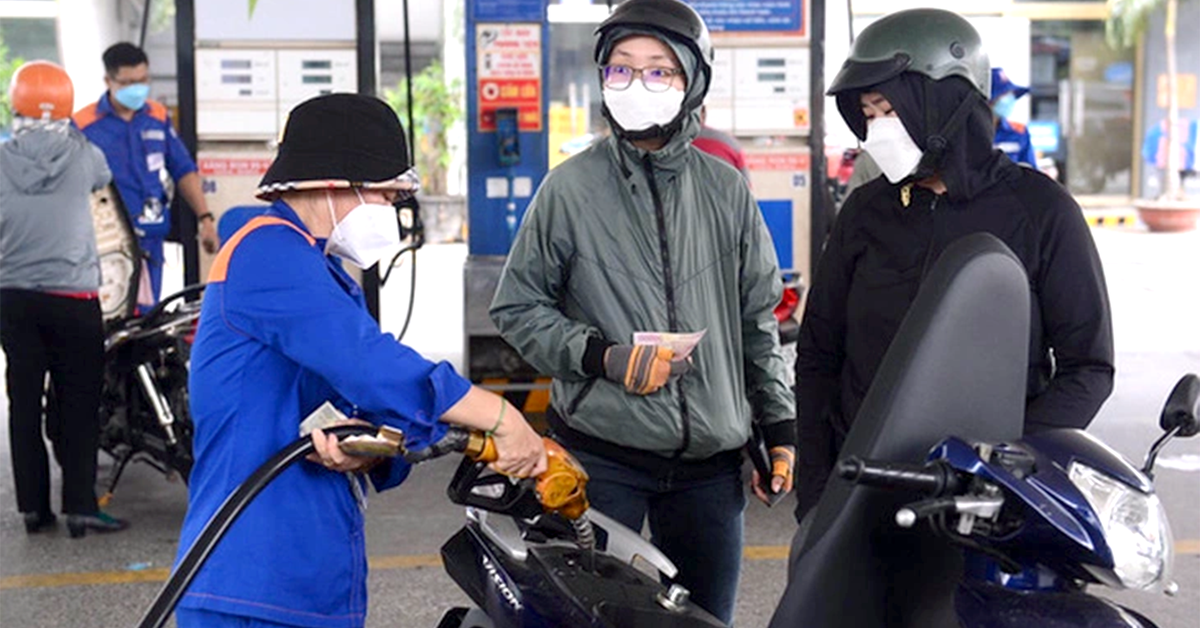

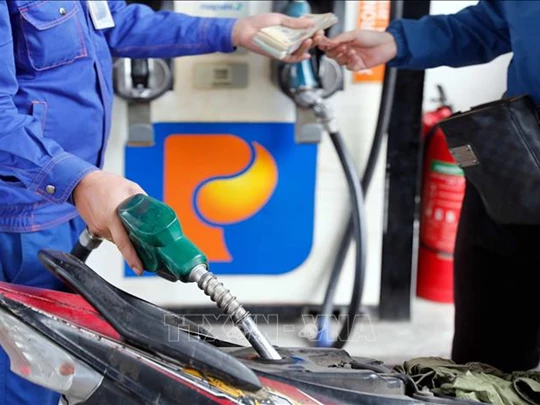


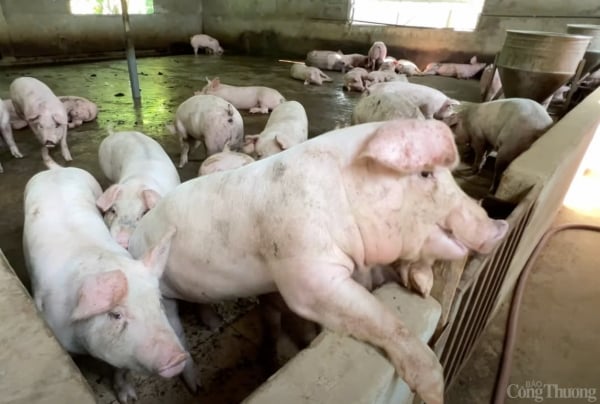
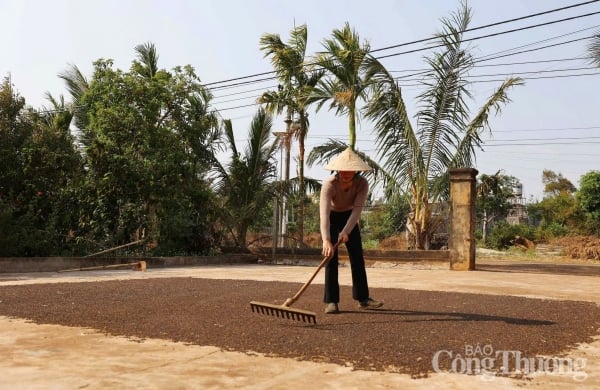
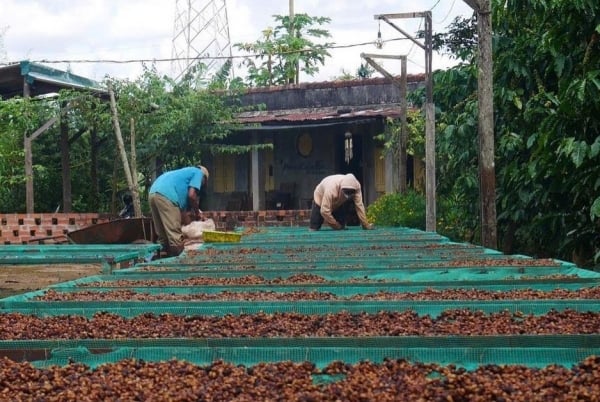
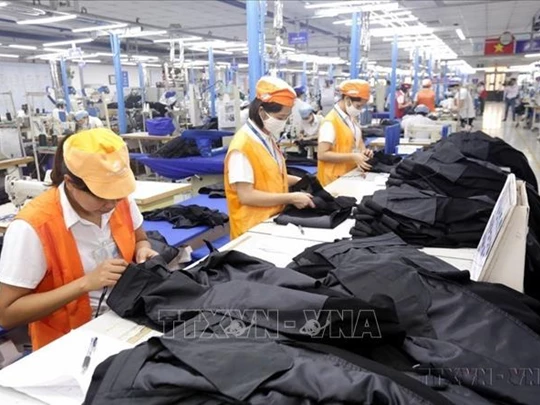
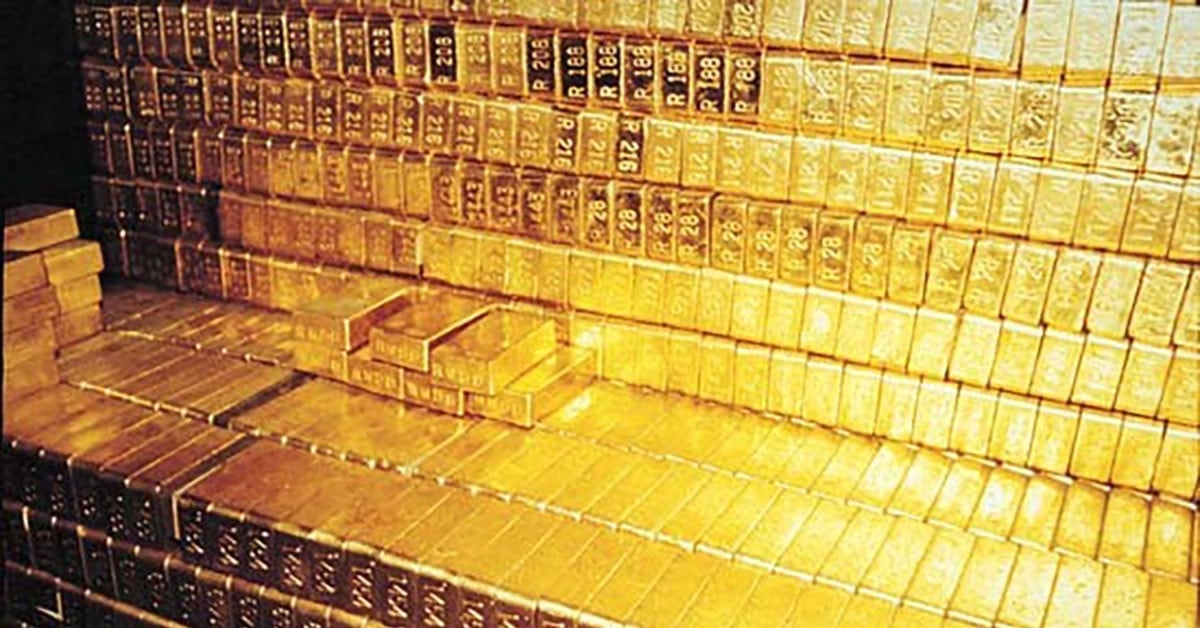




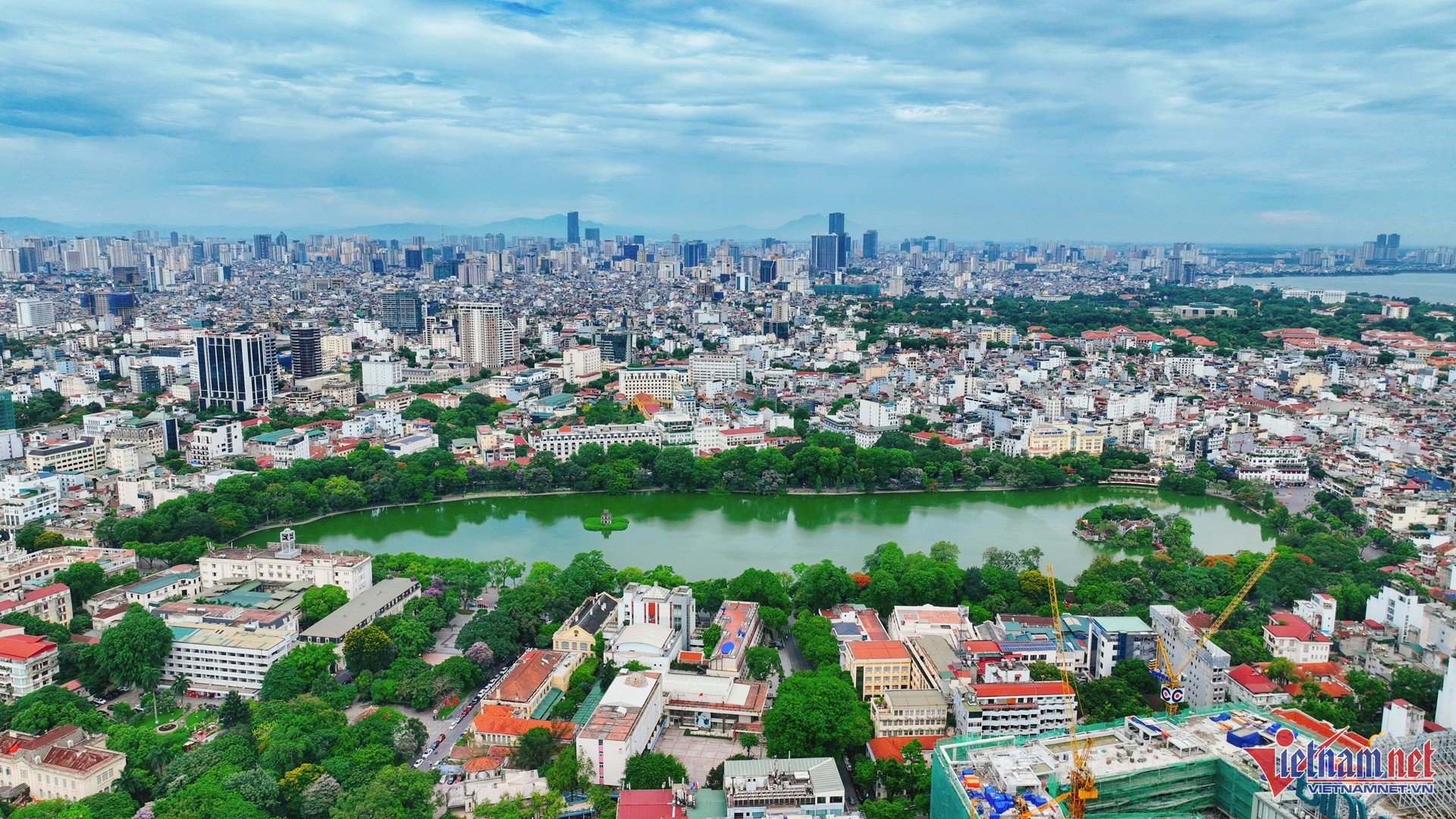




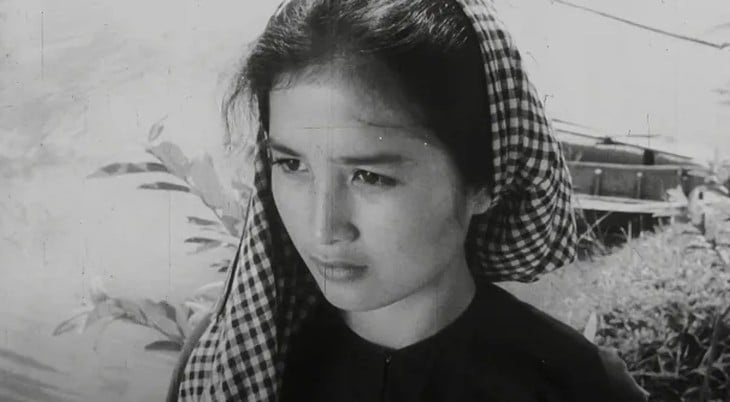


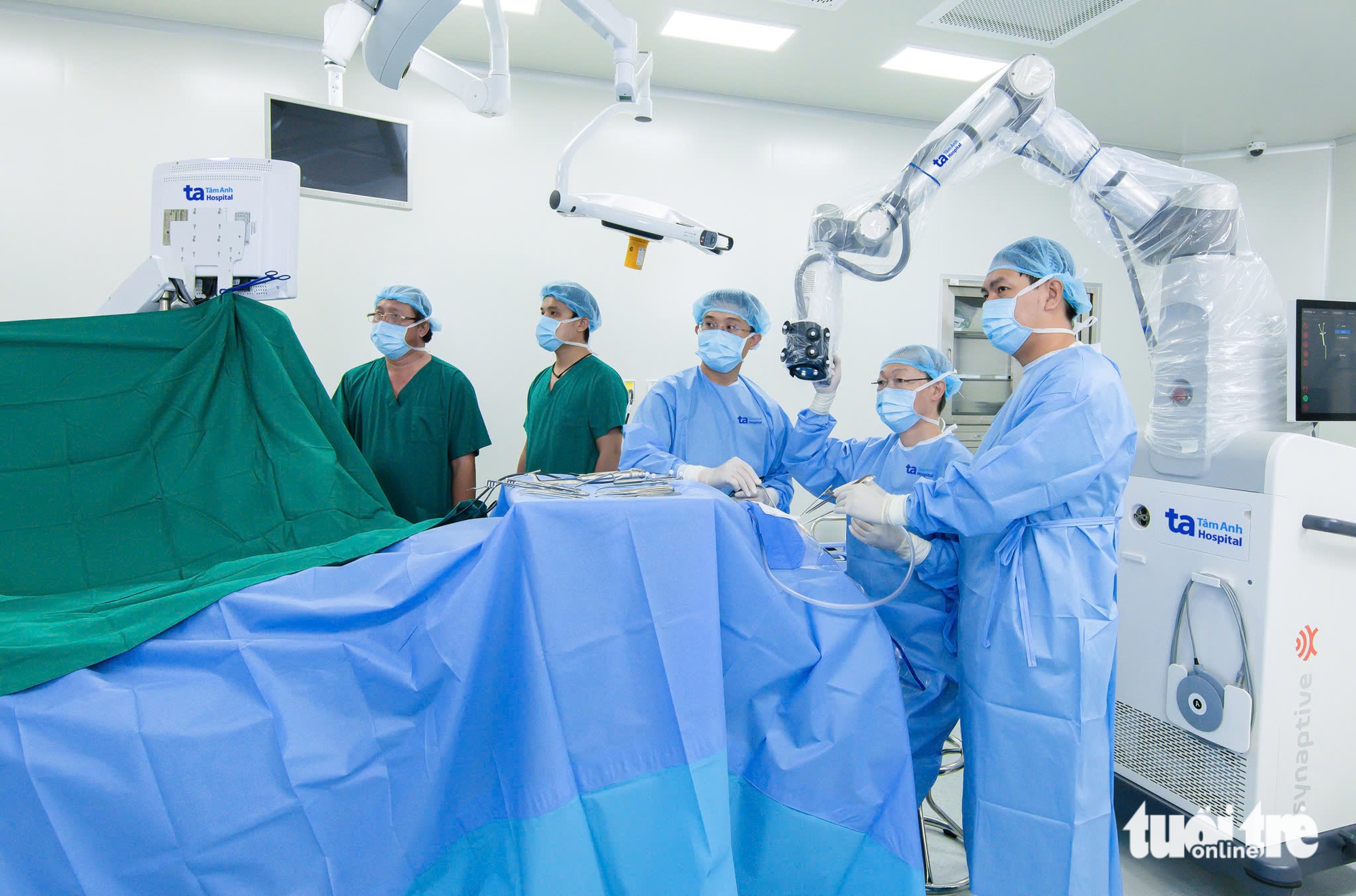

Comment (0)